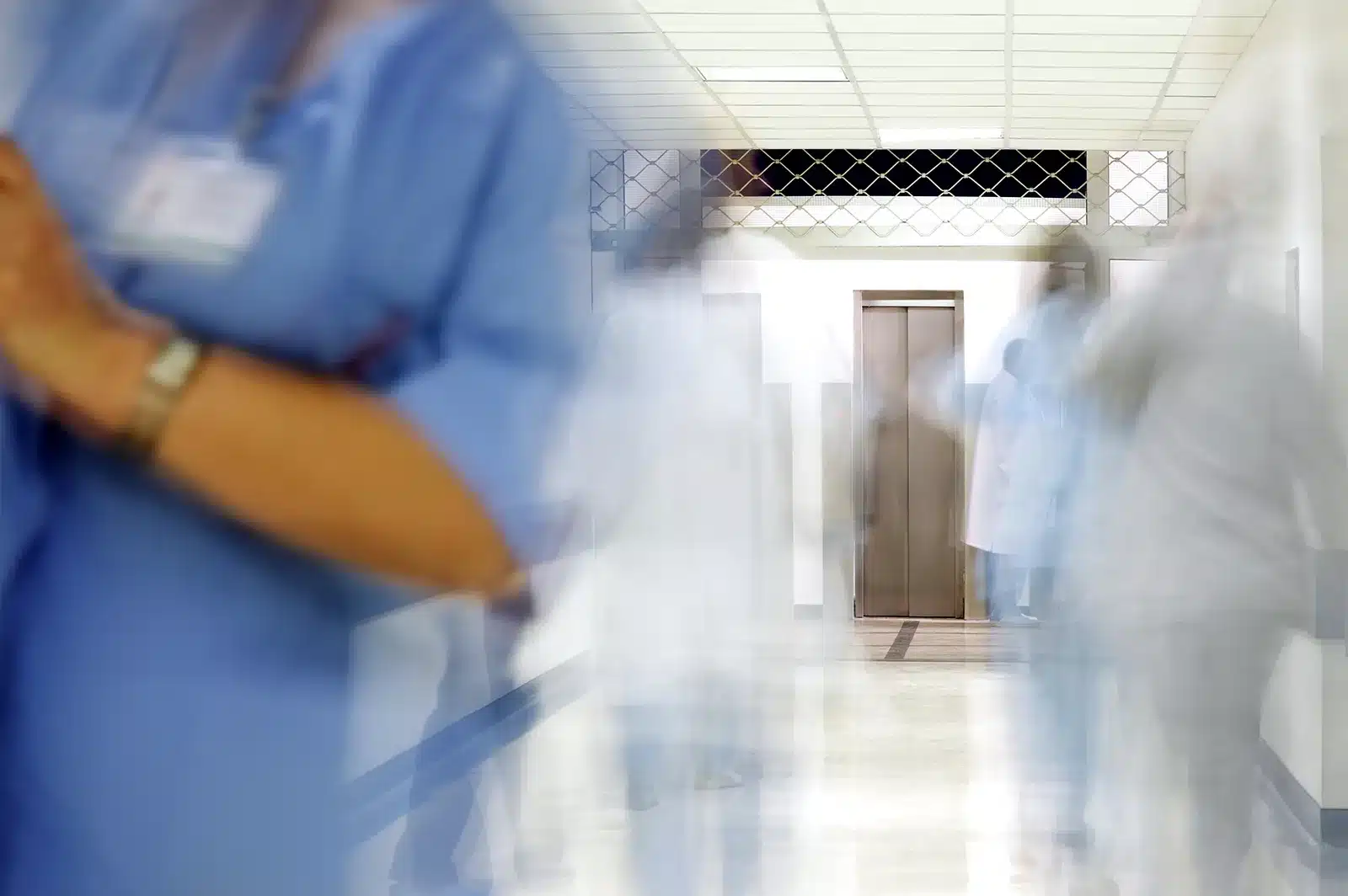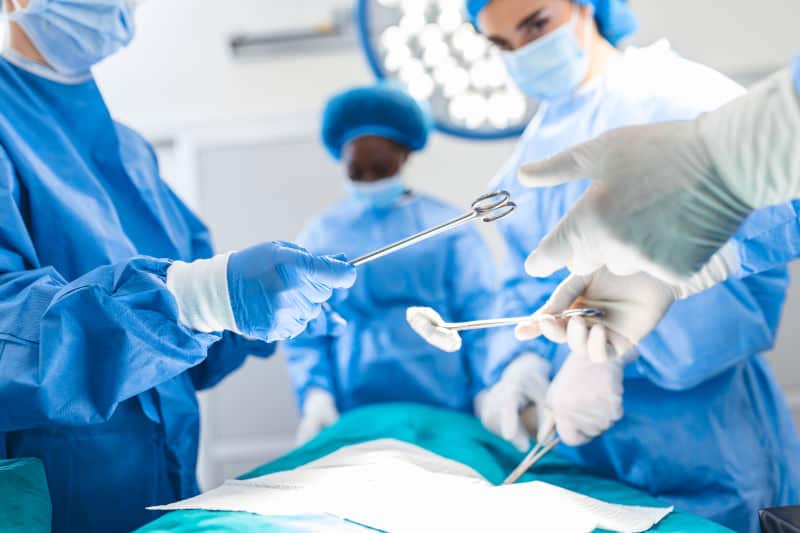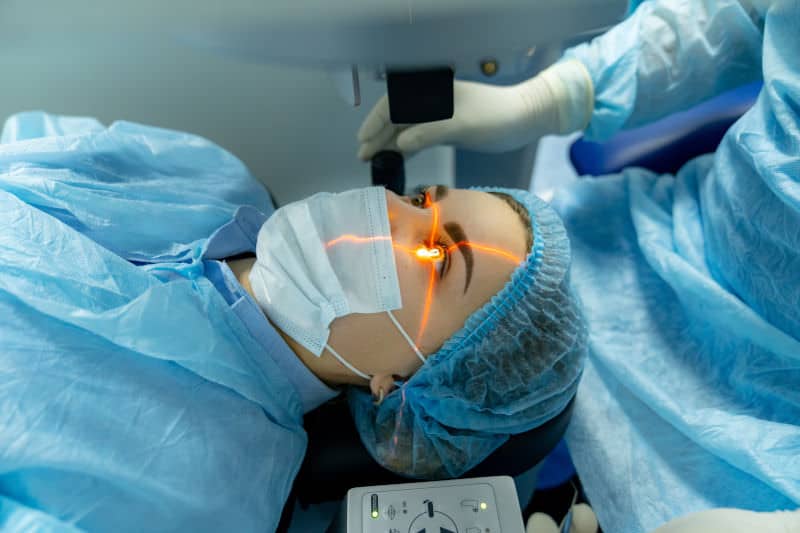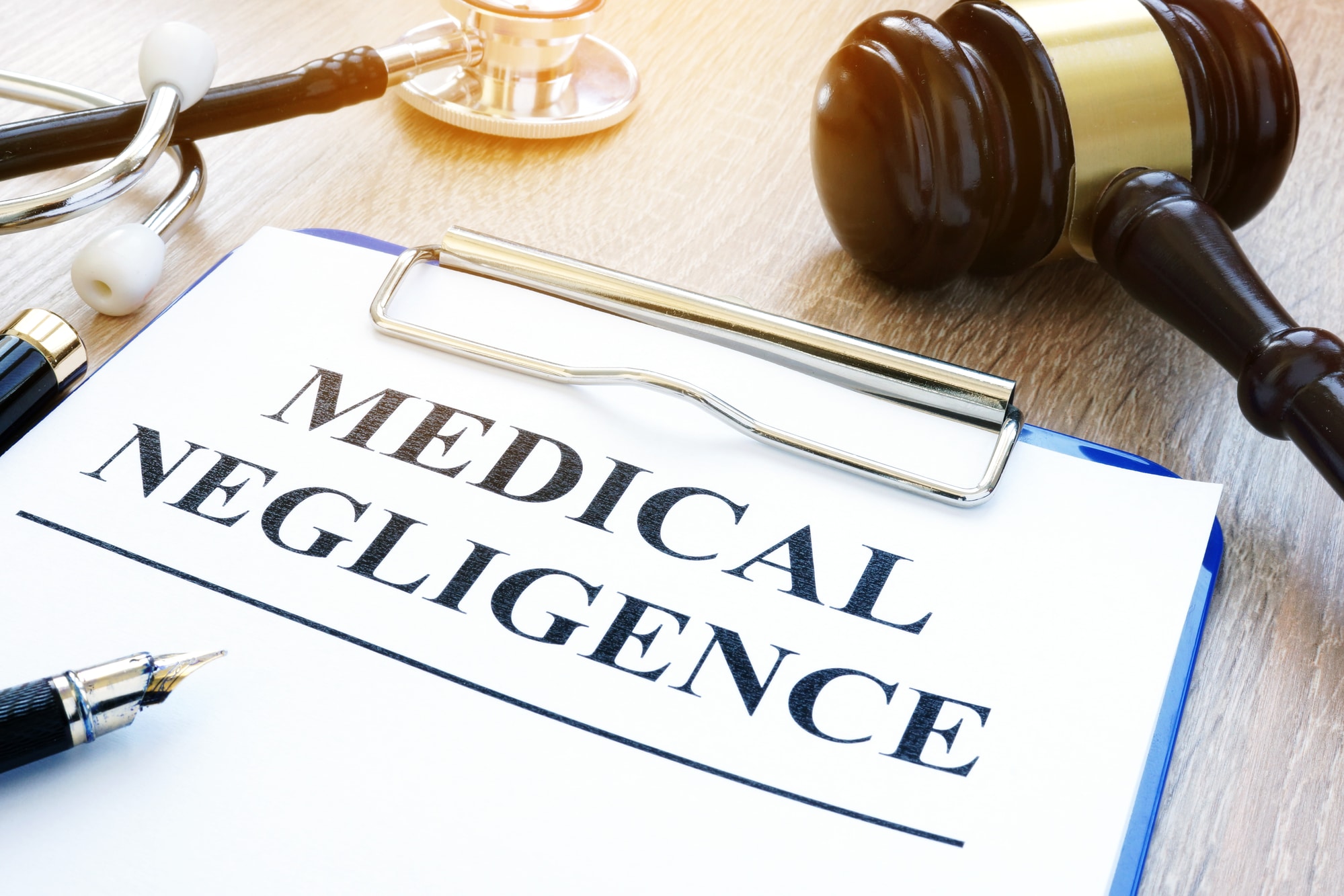Sir Bruce Keogh, who has been the NHS Medical Director since 2007, has launched a stinging criticism on the organisation which he leads, in a recent interview with the Daily Telegraph.
Clinical negligence solicitors around the country, like us, will be unsurprised by Sir Bruce’s recommendations.
Patients put at risk
In his intervention, the NHS Medical Director claimed that patients were being put in jeopardy due to the lack of any central NHS system, which could order changes in medical practice based on safety grounds. In particular, Sir Bruce noted that there were unnecessary amputations and devastating maternity-related problems due to many Trusts failing to implement some very simple changes.
Cost-cutting ahead of patient safety
Interestingly, the NHS Medical Director stated that too many hospitals were putting cost–cutting ahead of the safety of their patients. The NHS Medical Director stated that patients understand that there were risks in relation to the procedures which they were undergoing, but that patients would never accept that the way the service was designed and delivered should add to that risk.
Clinical negligence solicitors around the country will recognise the problem which Sir Bruce highlights. In particular, clinical negligence solicitors are not surprised when they see that a safe procedure adopted by one NHS Trust is not adopted to by a different NHS Trust. It could and should be more uniform.
Sir Bruce noted that one of the problems with the NHS is that it is essentially an umbrella organisation for hundreds of NHS Trusts with their own practices and procedures. Sir Bruce wanted to see a “simpler way”.
Low cost devices save the NHS money
The NHS Medical Director highlighted the particular case of a £2 valve which could stop doctors and nurses from confusing drips, which often leads to unnecessary amputations.
Sir Bruce also highlights that NHS Trusts are failing to use a particular type of ventilation tube which would prevent pneumonia spreading. Sir Bruce claims that the cost of this device is around £330 and using it would save the NHS £700 each time it was used.
Learning from other sectors
In his interview, the NHS Medical Director explained that he was if opinion that the NHS has a great deal to learn from the nuclear and airline industries. In those industries, he argued, new safety procedures are rolled out across the industries, rather than being partially implemented in a piecemeal way.
The costs of clinical negligence claims are rising, but why?
The NHS Medical Director noted that the cost of clinical negligence claims is rising, and that if the NHS essentially introduced a central system for patient safety, then it would be saving itself significant sums long-term.
The NHS Medical Director noted that hospitals were under acute financial pressure, but that they had to invest upfront in patient safety in order to save themselves money in the future.
As clinical negligence solicitors, the NHS Medical Director’s recommendations are of no surprise to us. Furthermore, it is our view that the government should focus on improving patient safety rather than wasting its time criticising the genuine claims made against the NHS.
Suing medical professionals is still difficult (as it should be) and the growing number of claims against the NHS for clinical negligence isn’t a sign that suing medical professionals has become easier, it is just the result of all the failures which the NHS’s own Medical Director has highlighted. The NHS could easily introduce simple systems and low-cost devices which would save lives as well as money, if only a long-term view was taken. To do so, the NHS must be properly funded.
With our head office in Harrogate, North Yorkshire, but with three virtual offices in York, Manchester and London, we at Truth Legal are already serving clients nationally. If you would like a free, confidential and no-obligation consultation regarding a potential medical negligence claim, please contact us.
Further Reading
From one of the UK’s most read legal blogs.











